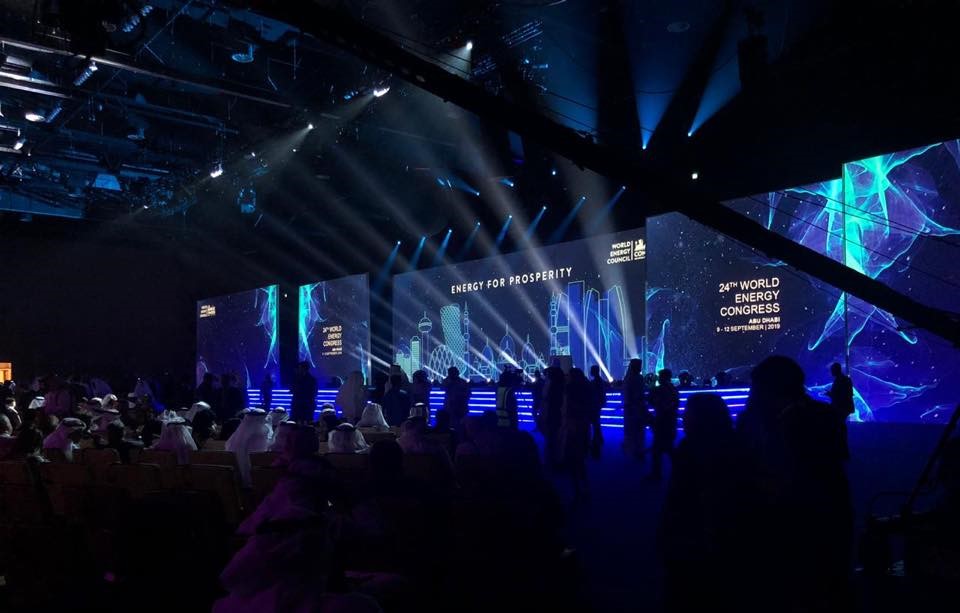Estonian companies Enefit, Nortal, Datel and Smagrinet will present innovative digital solutions at the World Energy Congress in Abu Dhabi on 9-12 September; the Estonian president, Kersti Kaljulaid, will also attend.
With over 150 countries represented, the World Energy Congress is the world’s largest and most influential energy event, covering all aspects of the energy agenda. Kaljulaid will be the keynote speaker at the congress on 10 September and will also participate in a panel discussion, “Getting to grips with the blockchain: Cutting through the hype”.

The Estonian companies said in a press statement that digitalisation also extends to the Estonian electricity market. “Estonia is the first country in the European Union to have full remote reading capabilities and a central data hub where hourly consumption data relating to each client is stored,” they said.
Cleaner energy and cost-effective digital services
According to Hando Sutter, the CEO of Enefit, Estonia’s largest energy company, smart metering enables Enefit to use several digital solutions that serve one purpose — “to provide customers with cleaner energy and cost-effective digital services.” The company uses data to cut network losses, plan investments and offer consumers personalised consumption-management solutions. “Our consumers use these solutions on a digital platform accessible via Enefit’s mobile app, which will soon be integrated along with micro-production and energy storage solutions,” Sutter said in a statement.

Nortal, the Tallinn-based multinational strategic change and technology company, has also entered the energy sector. Using intelligent, integrated software that eliminates manual entry, streamlines operations and harnesses the power of the internet of things, the company is now redesigning complex supply-chain and terminal management processes for a leading European oil company.
Big data
Another major Estonian IT company present in Abu Dhabi, Datel, is utilising the so-called big data. The company recently developed an innovative, space-based infrastructure deformation monitoring service named Sille. This early warning system uses data from the European Union’s satellites and can detect the shifts and subsidence of energy sector infrastructure – such as pipelines, mines, dams and different types of power plants – with a precision of up to a one millimetre.
According to Datel, Sille helps prevent accidents caused by deterioration of infrastructure and, thus, contributes to the public’s general safety. The company said that the service is “already in use in the nuclear and hydropower industries in different parts of the world”.
The fourth Estonian player in the World Energy Congress, Smagrinet, is a smart grid competence hub funded under the European Union’s Horizon 2020 research and innovation programme. The programme’s aim is to educate the public and key industry players concerning the complexities surrounding the transition to smart and digital energy systems. In addition to consultations and guidance, Smagrinet provides ready-made, short-term learning programmes for the industry and master’s-level programmes for universities.
Cover: The Sheikh Zayed Grand Mosque in Abu Dhabi (the image is illustrative).

